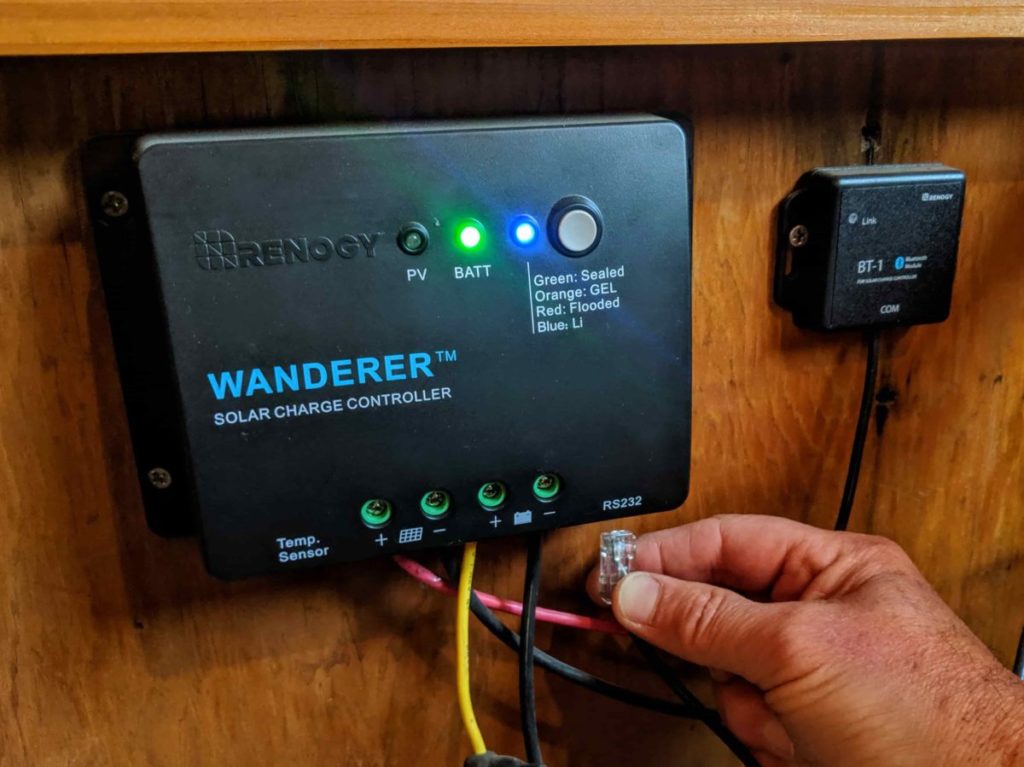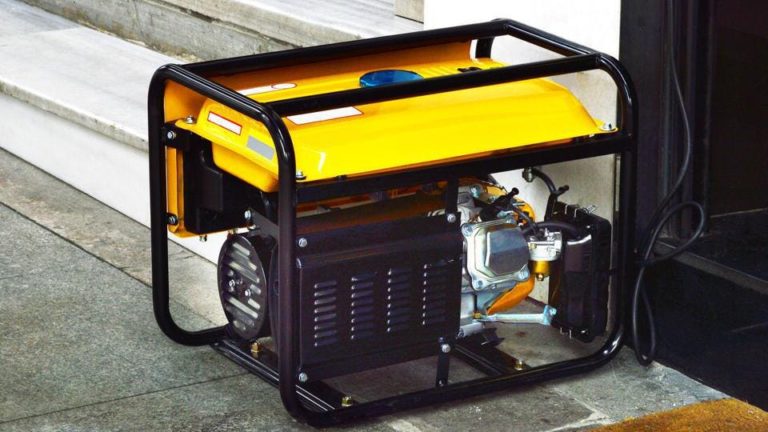Solar power is a growing industry with many homeowners and businesses looking to harness the sun’s energy to reduce their carbon footprint and electricity bills.
One key component of any solar panel system is the charge controller, which ensures that the batteries used for storing excess energy are charged safely and efficiently.
While DIY charge controllers may seem like an appealing option due to their lower cost compared to commercial models, they also present several risks and challenges.
We will explore the pros and cons of using DIY charge controllers in solar panel systems, helping you make an informed decision about whether these savings are worth the potential drawbacks.
Cost savings
The most significant advantage of DIY charging controllers is cost savings. Commercial charge controllers can be expensive, and building your own can save you a substantial amount of money.
One of the most significant advantages of building your own DIY charging controller is cost savings.
Commercial charge controllers can be quite pricey, and for those on a budget or looking to cut costs, DIY charging controllers offer a more affordable alternative.
By building your own controller, you can save a substantial amount of money compared to purchasing a commercial one.
In fact, with the right materials and a little bit of knowledge, you can build a high-quality DIY charging controller for under $100!
Not only will you save money by building your own controller, but you’ll also have the freedom to customize it to your specific needs and preferences.
Plus, with the abundance of online resources and tutorials available, building a DIY charging controller is now easier than ever before.
So why not give it a try and start saving today?
Customization
With a DIY charge controller, you can customize the circuit to fit your specific needs and application. This can be particularly useful if you’re building a unique project or have specific requirements for your charging system.
Customization is one of the key benefits of using a DIY charge controller.
With a DIY charge controller, you have the flexibility to tailor the circuit to your specific needs and application.
This is particularly useful if you’re building a unique project or have specific requirements for your charging system.
For example, if you’re building an electric vehicle, you may need a charge controller that can handle high current and high voltage inputs.
With a DIY charge controller, you can easily modify the circuit to accommodate these requirements.
If you’re building a solar-powered system, you can customize the charge controller to optimize energy harvesting and storage.
This can include adjusting the charging voltage and current, as well as implementing smart charging features such as temperature compensation and overvoltage protection.
Overall, customization with a DIY charge controller allows you to achieve the perfect balance of performance, efficiency, and safety for your specific application.
Increased reliability
Commercial charge controllers can be prone to failures, especially if they are not well-made. Building your own charge controller can increase the reliability of your charging system and reduce the likelihood of failures.
Building your own charge controller can significantly increase the reliability of your charging system, as commercial charge controllers can be prone to failures due to poor design or low-quality materials.
By designing and building your own charge controller, you can tailor it to your specific needs and ensure that it is built with high-quality components that are less likely to fail.
When you build your own charge controller, you have complete control over the design and construction, allowing you to optimize it for maximum efficiency and reliability.
This can include customizing the charge voltage and current limits, as well as the charging and discharging algorithms to ensure that your battery is charged and maintained properly.
Furthermore, building your own charge controller can be a cost-effective solution in the long run, as it eliminates the need for expensive commercial charge controllers that may fail prematurely.
With a well-designed and well-built charge controller, you can ensure that your charging system is reliable and efficient, providing you with peace of mind and maximizing the life of your battery.
Better understanding
Building your own charge controller requires a deep understanding of the electronics and the charging process. This can help you gain a better understanding of how your charging system works and how to troubleshoot any issues that may arise.
Building your own charge controller requires a profound comprehension of electronics and the charging process.
By taking on this project, you will delve into the intricacies of battery charging and gain a deeper understanding of the electronics involved.
This will enable you to optimize your charging system and troubleshoot any issues that may arise, empowering you to fine-tune your setup for optimal performance.
With a custom-built charge controller, you will have complete control over the charging process, allowing you to tailor the settings to your specific needs and preferences.
This includes adjusting the charging voltage and current, monitoring the battery’s state of charge, and detecting any issues that may arise during the charging process.
Furthermore, by understanding the charging process and the electronics involved, you will be better equipped to diagnose and resolve any problems that may arise with your charging system.
This will save you time and money in the long run, as you will be able to troubleshoot and fix issues quickly and efficiently, without the need for expensive repairs or replacements.
In short, building your own charge controller will not only provide you with a customized charging solution, but it will also impart a profound understanding of the electronics and charging process, empowering you to troubleshoot and optimize your charging system for optimal performance.
Wide range of options
There are many different types of charge controllers available, from basic single-channel controllers to advanced multi-channel controllers with advanced features. With a DIY charge controller, you have the option to choose the specific features and functions that you need for your project.
With a DIY charge controller, you have the flexibility to choose from a wide range of options to tailor your project to your specific needs.
From basic single-channel controllers to advanced multi-channel controllers with advanced features, the variety of choices allows you to select the exact functionality you require.
Whether you need a simple controller for a small-scale project or a more complex controller for a larger, more advanced system, there is a DIY charge controller option available that can meet your needs.
With these DIY charge controllers, you can customize your project to fit your unique requirements, giving you the ability to control and optimize your battery charging process with precision and ease.
Fun and educational
Building your own charge controller can be a fun and educational experience, especially if you’re interested in electronics and circuit design. It can be a great way to learn new skills and gain hands-on experience with electronics.
Building your own charge controller can be a rewarding and educational experience, offering a unique opportunity to learn about electronics and circuit design.
As you work on this project, you’ll gain hands-on experience with various components such as transistors, diodes, and capacitors.
You’ll also learn about important concepts such as voltage regulation, current limiting, and charge balancing.
By the end of the project, you’ll have a functional charge controller that you can use to charge your batteries safely and efficiently.
Plus, you’ll have the satisfaction of knowing that you built it yourself!
This project is a great way to develop your problem-solving skills and expand your knowledge of electronics.
Whether you’re a seasoned hobbyist or a beginner, building your own charge controller is an exciting and educational experience that will challenge you and help you grow your skills.
Flexibility
With a DIY charge controller, you have the flexibility to choose the specific components and features that you need for your project. This can be particularly useful if you’re working with unusual battery types or charging requirements.
One of the key benefits of a DIY charge controller is the flexibility it offers in terms of customization and selection of specific components and features.
Unlike pre-made charge controllers that may not meet your specific needs, a DIY charge controller allows you to handpick the components that are best suited for your project.
This is particularly useful if you’re working with unusual battery types or charging requirements.
For example, if you’re working with a rare battery chemistry or a custom battery configuration, a DIY charge controller allows you to select components that are specifically designed for that chemistry or configuration.
You can choose features such as temperature compensation, low-voltage cutoff, and battery health monitoring that are tailored to your specific needs.
This flexibility ensures that your charge controller is optimized for your project, resulting in more efficient and effective battery charging.
Personal satisfaction
Building your own charge controller can be a rewarding experience that allows you to take pride in your work and feel a sense of accomplishment. You’ll have the satisfaction of knowing that you built the charge controller yourself and that it’s working well for your needs.
Building your own charge controller can be a highly rewarding experience, offering a sense of personal satisfaction and accomplishment that is hard to match.
By taking on this project, you’ll have the opportunity to learn about the inner workings of a important component of your solar power system, and to master the skills and techniques necessary to design and build a high-quality charge controller.
As you work on the project, you’ll be able to see your efforts come to life, watching your charge controller take shape and functioning precisely as you intended.
When the project is complete, you’ll be able to proudly say that you built the charge controller yourself, and that it’s working well for your needs.
This sense of accomplishment can be a powerful motivator, inspiring you to take on new challenges and pursue new projects with confidence.
Moreover, building your own charge controller can also give you a greater appreciation for the technology and engineering that goes into these systems.
By understanding the intricacies of the charge controller’s design and function, you’ll gain a deeper respect for the innovators and inventors who have made solar power a reality.
This, in turn, can inspire you to continue learning and growing, both as a DIY enthusiast and as a advocate for sustainable energy solutions.
In short, building your own charge controller can be a highly rewarding experience that offers a sense of personal satisfaction, accomplishment, and growth.
It’s an opportunity to not only create a functional and efficient solar power system, but also to cultivate valuable skills and knowledge that will serve you well in the years to come.
Want More? Dive Deeper Here!
Hey there! If you’re the type who loves going down the rabbit hole of information (like we do), you’re in the right spot. We’ve pulled together some cool reads and resources that dive a bit deeper into the stuff we chat about on our site. Whether you’re just killing time or super into the topic, these picks might just be what you’re looking for. Happy reading!






